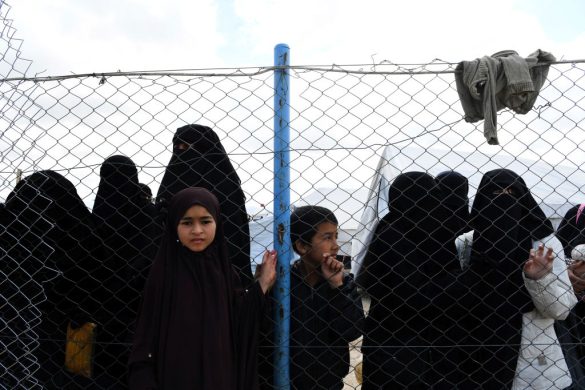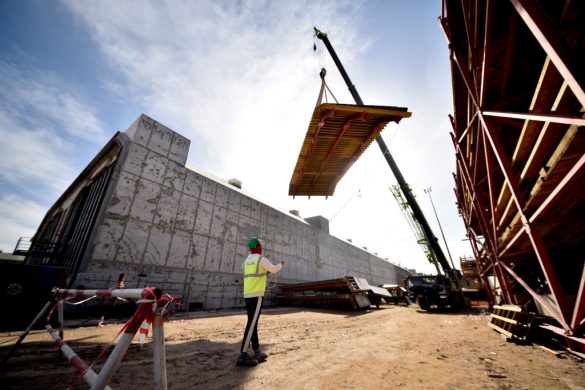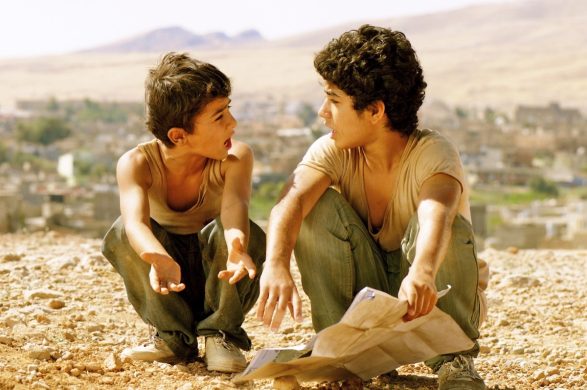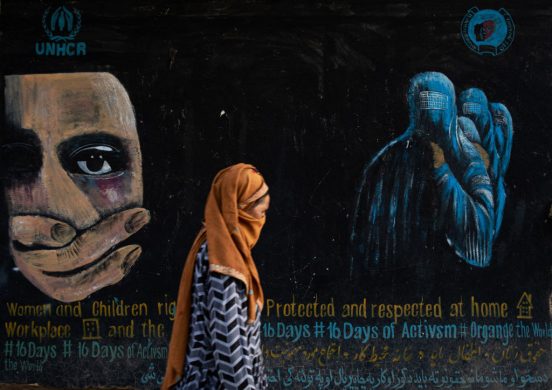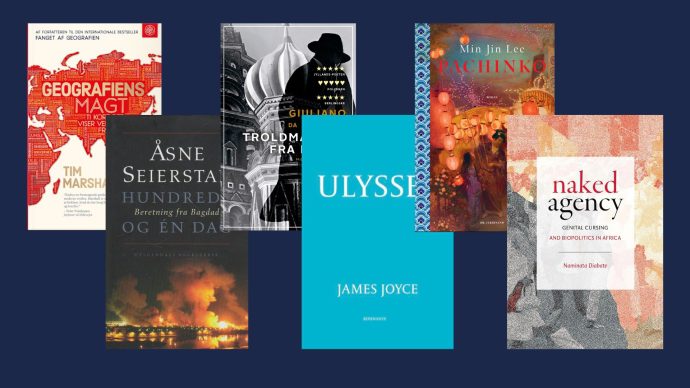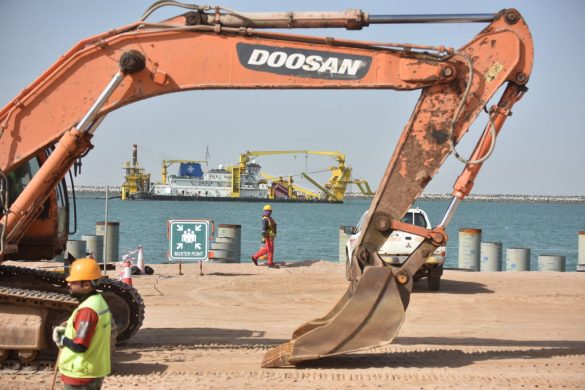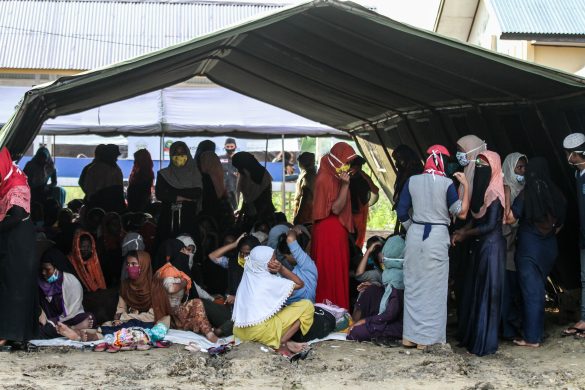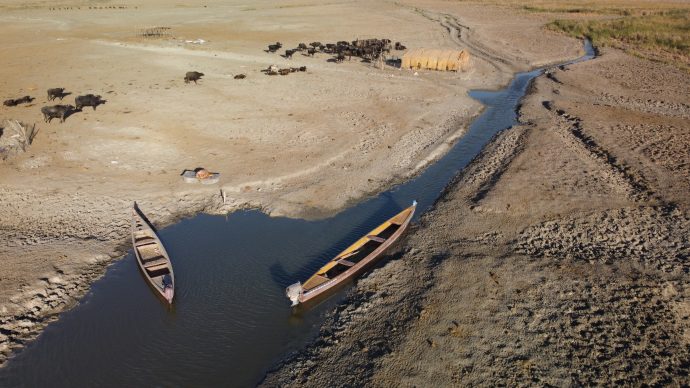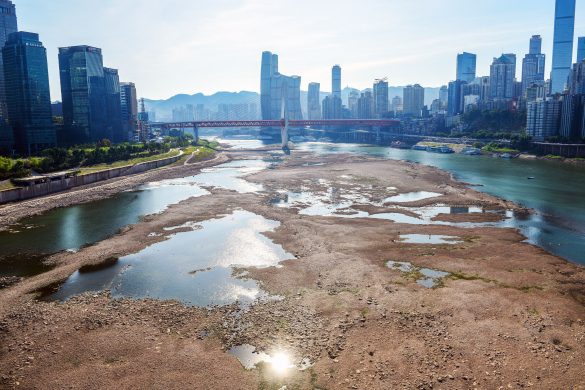LONDON, 4 November 2016 (Oxfam): Thousands of families are living in a “smoke-filled hell” with hardly any access to clean water or medical services after ISIS militants retreated from towns and villages on the way to Mosul, Oxfam said today.
ISIS militants set 19 oil wells ablaze in the Qayarrah area, south of Mosul, as they were pushed northwards by Iraqi forces.
The fires have produced clouds of thick black smoke and fumes across an area larger than cities such as Bangkok, Sao Paulo, Greater London or Mexico City. With several oil fields still under ISIS control around Mosul, and the potential for thousands of people to flee to the Qayarrah area, there is a risk that many more people could be affected.
The smoke blocks out the sun and turns children’s faces grey with oily soot. People living close to the burning oil say that the smoke burns their throat and lungs and that their babies have difficulty breathing. One doctor in Haiji Ali, close to Qayarrah, said many of her patients were suffering from bronchitis and that there was a shortage of medicine.
A 67-year-old man told Oxfam staff that the burning oil wells were making residents sick. “We need someone to put out the fires. They have been burning for several months now,” he said.
To år under ISIS
The fires are just one of the challenges facing families who have stayed in or returned to towns and villages recaptured from ISIS. People who have lived through the trauma of two years under ISIS control are now facing shortages of clean water, food, medicine and fuel.
Andres Gonzalez, Oxfam’s country director in Iraq, said:
“Even after ISIS has left, many of the people living amid its trail of destruction have told us that life remains unbearable. Burning oil wells continue to spew out toxic fumes that burn people’s throats and turn their communities into a smoke-filled hell. The Iraqi government needs to tell citizens what is being done to put out these fires and to avoid a potentially bigger crisis in Mosul.”
Oxfam is calling on the Iraqi government to prioritise extinguishing the fires and to seek external support if necessary. They must also explain to communities what is being done and when they can expect this to happen. With six oil fields surrounding Mosul still under ISIS control, the government must plan for a potentially bigger crisis involving more than a million civilians in Mosul.
The doctor in Haiji Ali said that apart from bronchitis, the biggest problems facing patients were a shortage of medicine and gastritis from drinking polluted water.






